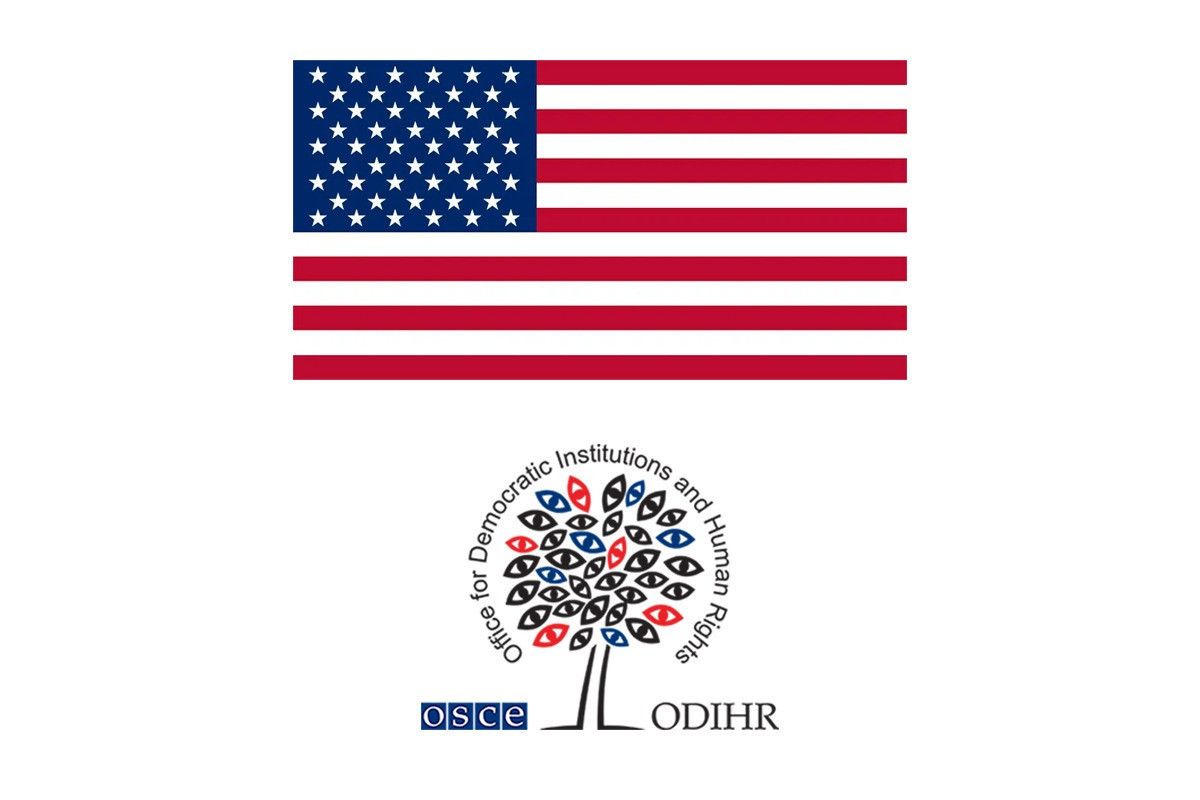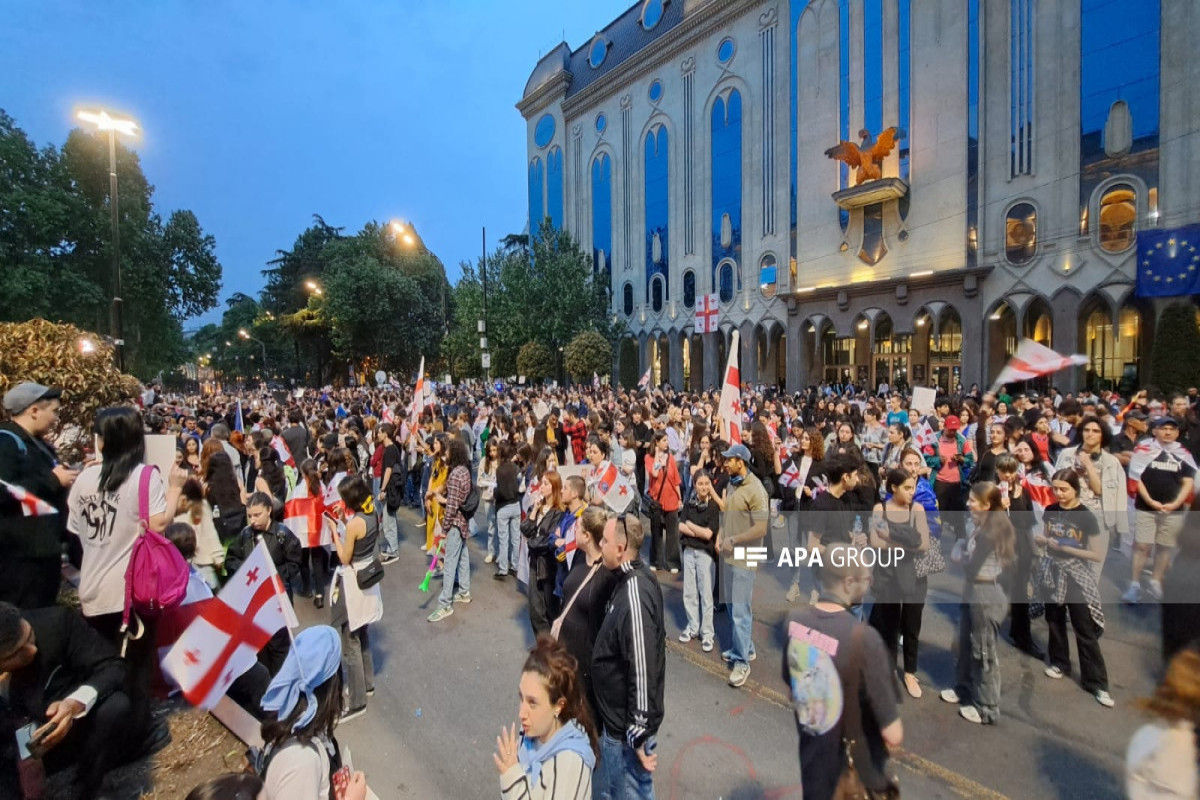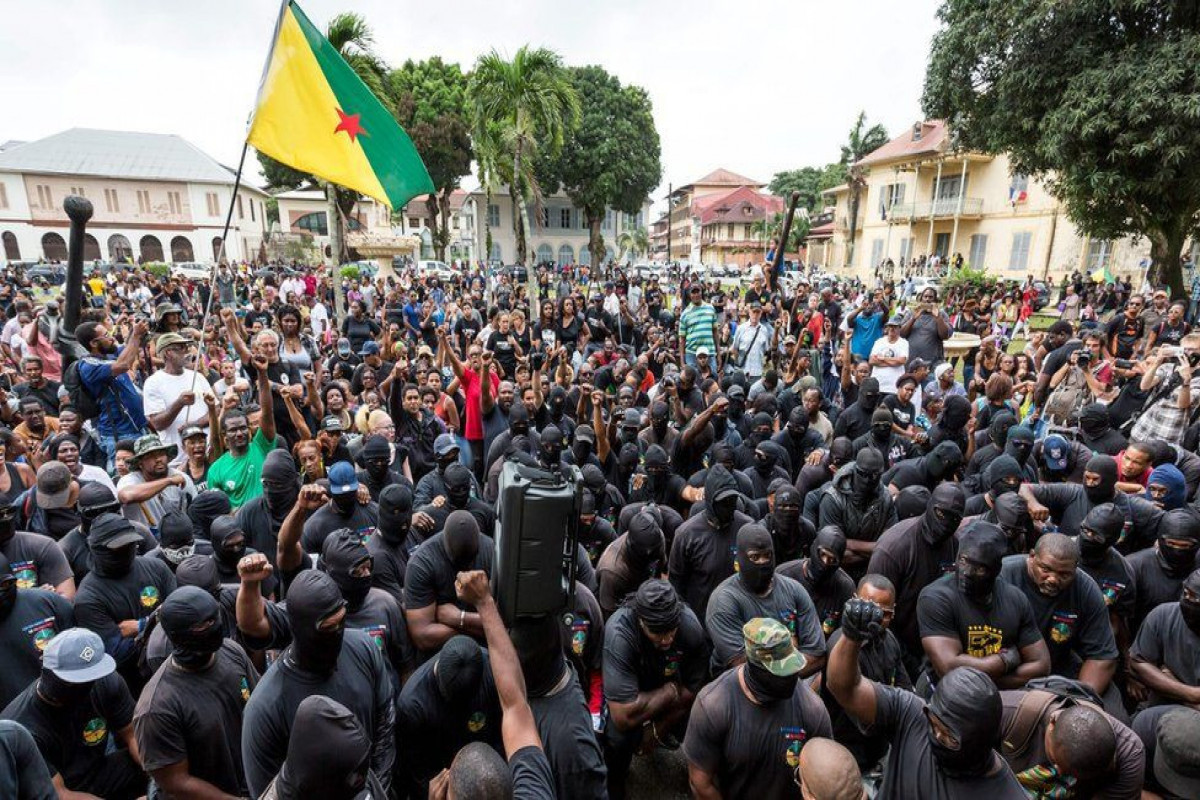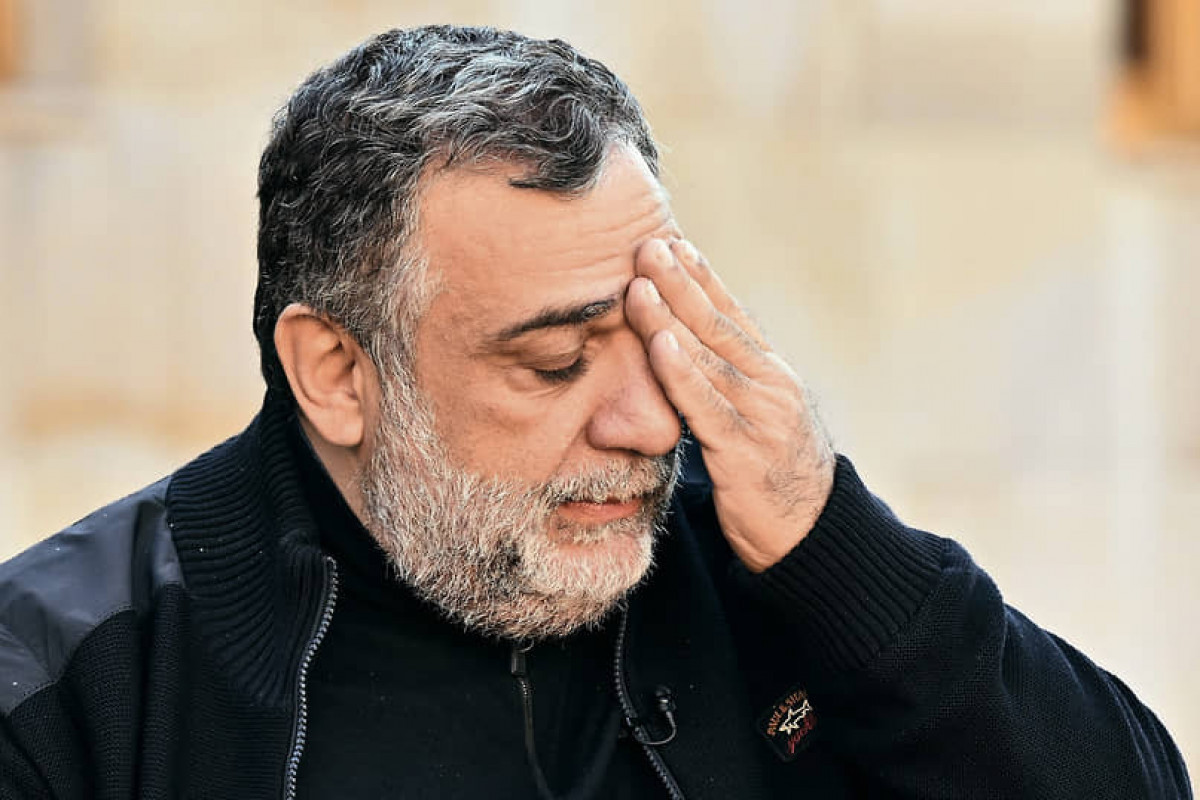After the snap presidential elections held in Azerbaijan on February 7, the monitoring missions announced their opinions. Only one of the 72 election observation missions in the country had criticisms.
US-based Oracle Advisory Group, which conducted an exit poll during the election process, emphasized voter turnout and announced that 93.09 percent of those polled voted for Ilham Aliyev.
The representative of the company stated that exit polls are determined by the opinions of only 100,000 people out of 330 million people in the United States. In Azerbaijan, which has a population of ten million, the exit poll result was determined based on the opinions of 63,000 people.
As we mentioned, the report of the OSCE Office for Democratic Institutions and Human Rights (ODIHR), one of the 72 missions that came to our country to observe the elections, was traditional.
Although the OSCE noted voter activity in the election evaluation of the OSCE, it read the unchanged text we heard from the last elections. Although the position of the OSCE ODIHR on the recent elections was expected, the statement of the US Embassy in Azerbaijan that they shared the observations and concerns contained in that report, and the call to implement the previous and future recommendations of the OSCE ODIHR, were surprising.
The reason for this surprise was that official Washington ignored the assessment of the OSCE Office for Democratic Institutions and Human Rights regarding the November 2020 presidential elections in the United States, and did not take into account its recommendations, but enthusiastically supported the recommendations of the OSCE regarding the elections in Azerbaijan. However, there were similar points between the OSCE evaluation of the elections in the USA and Azerbaijan, and in some cases the same formulas were repeated.
In comparison, the OSCE report on the November 2020 elections in the United States stands out more for its sharpness. The OSCE made very serious remarks about the US election process. The report, which was presented in the Polish capital Warsaw on February 9, 2021, made 38 recommendations to improve the conduct of elections in the United States and to support efforts to align the country with OSCE obligations and other international obligations and standards related to democratic elections.
Among those recommendations, the first place was related to changing the Electoral College system, which forms the backbone of the election process in the country and is inherently undemocratic, based on the principle of equality of votes. Because during the election of the US President and Vice President, voters do not directly vote for them, they choose special representatives from their states. Those special representatives, who form the basis of the Electoral College, then play a major role in the election of the President. That is, in other words, the candidate who wins the Electoral College in the United States can be elected president even if he is the candidate who did not receive the most votes in the country. This paradoxical electoral system has resulted in the election of US President in 1876, 1888, 2000 and 2016 with candidates who won a small portion of the electoral vote but a majority of the Electoral College.
Thus, the principle of "one person, one vote" is violated in the elections in the United States, the election of the president is carried out by the will of a limited number of people.
The remaining 37 recommendations of the OSCE/ODIHR include implementing safeguards to prevent discriminatory legal changes, ensuring the restoration of voting rights after serving the sentence of those convicted of crimes, reducing the number of unregistered voters, establishing a basis for basic election procedures at the federal level. create rules, ensure access of international and civilian observers to all stages of the election process, etc. was included.
In addition, the monitoring mission asked government officials, political parties, their candidates and supporters to refrain from inflammatory or discriminatory rhetoric. Also, according to OSCE observers, the United States should ratify the UN Convention on the Elimination of All Forms of Discrimination Against Women and the Convention on the Rights of Persons with Disabilities to more effectively protect and promote voting rights.
In general, the OSCE report notes that the election campaign in the United States is characterized by deep political polarization, which overshadows political discussions and includes baseless allegations of systematic fraud, and that the elections are dominated by great legal uncertainty and aggressive electoral rhetoric.
"The ODIHR is ready to help the authorities to further improve the electoral process and implement the recommendations contained in this and previous reports," the organization also called on the United States.
But for some reason, the USA, which called on Azerbaijan to implement the recommendations of the OSCE, has not implemented any of the 38 recommendations of the OSCE during the past period and will go to the 2024 elections with the system of the previous elections.
A logical question arises - if US diplomats attach so much importance to the recommendations of the OSCE, then why did they not follow the calls for the 2020 elections? Because in that report, it is especially emphasized that the recommendations included in the previous reports of the OSCE have not been implemented. No, if the US diplomats are not serious about the report of the OSCE/ODIHR and do not consider the recommendations in the future elections, then on what basis do they want the same recommendations to be taken into account and implemented by other countries, specifically Azerbaijan?
In such a case, the Embassy of Azerbaijan, with full moral and legal right, can call upon the implementation of the recommendations of the OSCE, ODIHR and other international organizations and the improvement of the election process after the elections in the United States.
Azerbaijan's representative in the OSCE can easily raise the issue of the American government's non-compliance with the OSCE report.
Azerbaijani representatives can participate in the elections held in America within the framework of the OSCE observation mission and start looking for flaws with a magnifying glass. There is no doubt that flaws will be found.
On the other hand, maybe Azerbaijan will illegally finance US NGOs and give them assignments to collect negatives? The US already implements this practice around the world. We can be sure that NGOs in the USA will join this process with great zeal and demonstrate that the situation in the cradle of democracy is far from ideal.
Finally, maybe Azerbaijan will create a fake information resource and engage in open provocations in the American information space? No one should doubt that there will be media representatives who will join this proposal with great enthusiasm.
Of course, Azerbaijan is not the one who did these things. Unlike the United States, Azerbaijan is far from applying "dirty policies", meddling in the internal affairs of other countries, and the will of the population.
But logic says that you should not demand from others what you do not deserve!



 ANALYTICS'>
ANALYTICS'>


